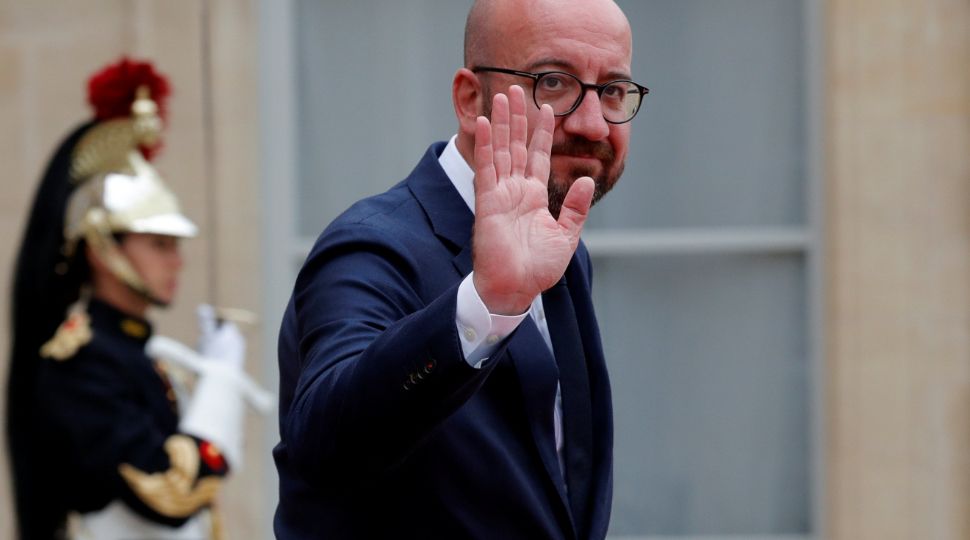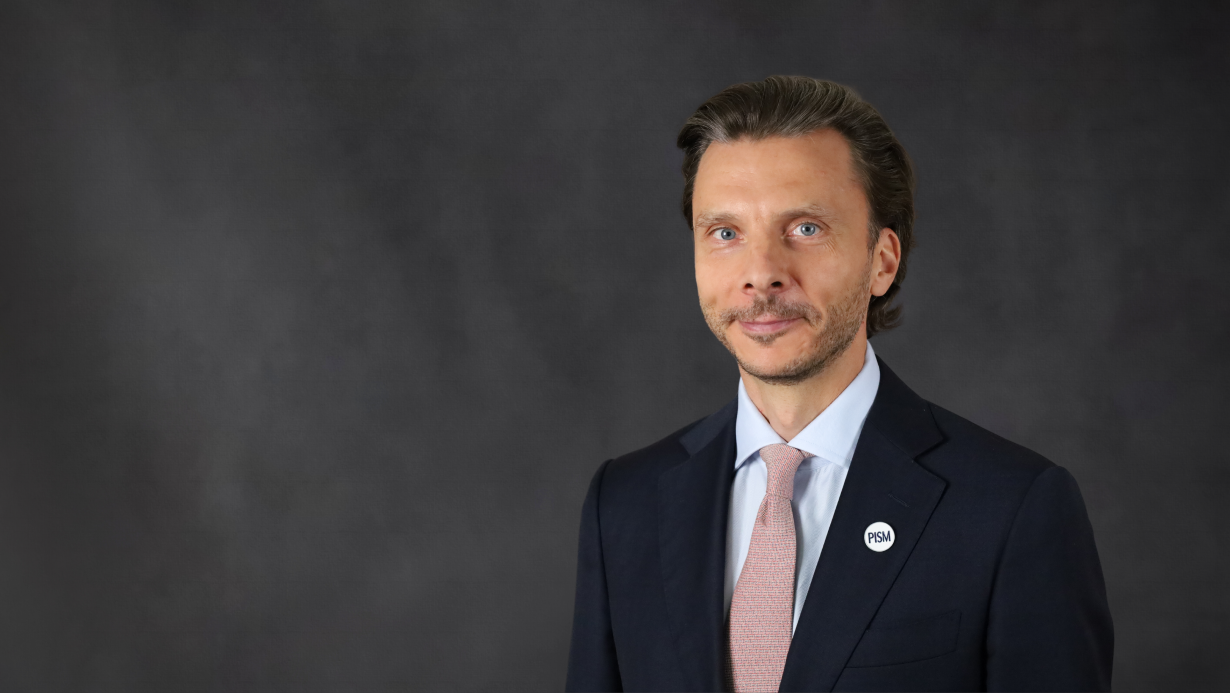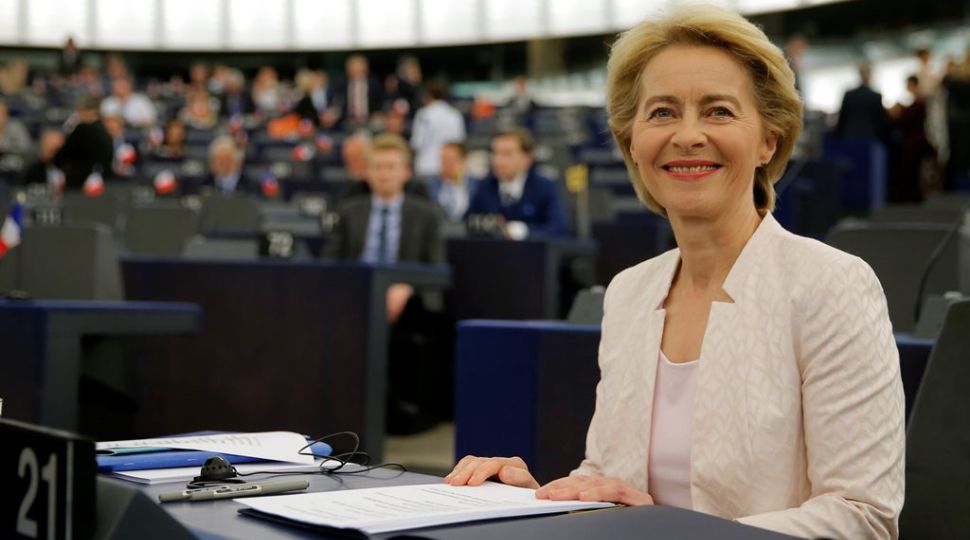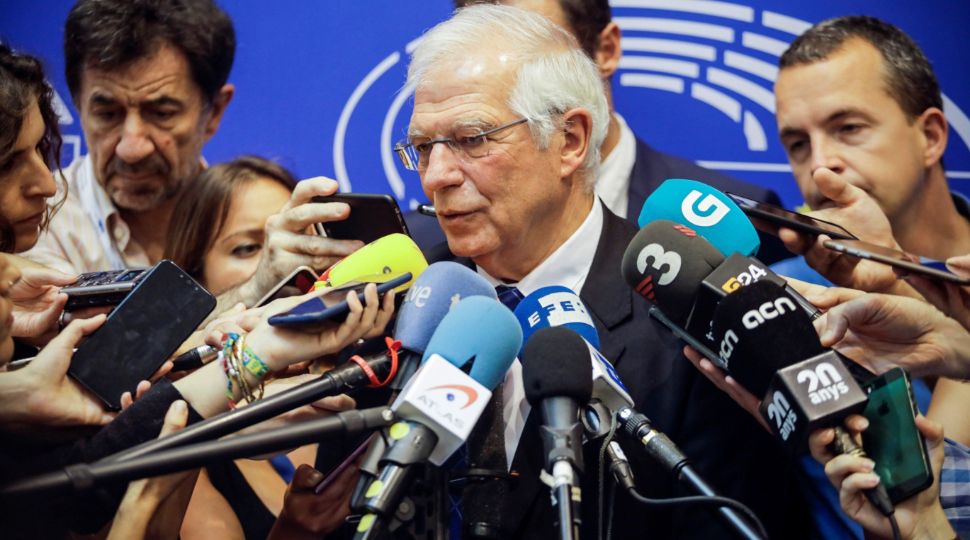Charles Michel at the Helm of the European Council

The European Council (EC) determines strategic directions of the EU’s development. Even though it does not formally have legislative powers, it also settles major disputes between Member States. The treaty on the EU does not endow the EC president with significant competences. Rather, their key task is to “facilitate cohesion and consensus with the EC”. The president’s role as mediator between Member States can, however, be of great significance, especially when, as has been the case in recent years, more issues are settled at the EC level. The president has some instruments that enable them to shape the decisions according to their views. They are charged with preparing draft conclusions of the Council summits, and may call additional meetings devoted to specific problems. The current EC president, Donald Tusk, convened several leaders’ meetings, which were supposed to provide a forum for an informal discussion on key issues. Tusk attempted to set the tone of the deliberations by distributing notes to leaders before each meeting, summarising the essence of the problem in question and the state of negotiations.
Political Experience
Despite his relatively young age (43), the prime minister of Belgium boasts rich political experience that matches the specificity of the EC president’s mission. Michel won his first mandate in local elections at the age of 19, has been member of the Belgian parliament for 20 years, and minister for development for three years.
In 2011, Michel was elected leader of the francophone liberal Reformist Movement party (RM). Three years later he was one of the architects of an agreement that paved the way for a four-party coalition in which the RM joined forces with three Flemish parties. Even though the RM was not the largest coalition member, Michel became prime minister. Maintaining the coalition for four years, in the face of serious questions from analysts about its cohesion, is Michel’s greatest political achievement and a testimony to his negotiating skills. Yet in 2018 he failed to convince the conservative New Flemish Alliance to embrace the Global Pact on Migration and, consequently, that party left the coalition. His government’s record has not won voters’ appreciation. In the May elections, all coalition parties fared worse than in 2014, and the RM lost six out of 20 seats. Michel remains prime minister until a new government has been created.
Views on European Problems
Michel’s ideas on the future of Europe resemble the pro-integrationist plan of the French president Emmanuel Macron. Many of his conclusions on this matter also featured in the programme presented to the European Parliament by the European Commission president Ursula von der Leyen. As regards economic issues, Michel backed reforming the rules concerning taxation of large companies, those active in the digital sector in particular, and harmonising the corporate tax base. He advocated strengthening the social pillar of the single market, inter alia through promoting convergence of minimal wages across the EU. Apart from calling for enhanced border protection, he has also advocated creating more opportunities for legal migration (including economic) to the EU. Moreover, Michel proposed a peer review mechanism for assessing the rule of law in Member States.
While supporting closer integration, Michel has also attempted to build a reputation as a moderate and consensual politician, emphasising that Belgium has traditionally been a bridge builder in the EU. It was most likely this middle-of-the-road approach that enabled him to get the better of Dutch prime minister Mark Rutte, another liberal representative but with more experience in politics, in the race for the Council presidency. Rutte’s staunch opposition to the idea of setting up a Eurozone budget probably prevented him from winning support of the southern European states. Michel, in the meantime, has maintained a more equivocal position on this matter, calling for structural reforms in those Member States which struggle with high public debt, while also advocating strengthening EU mechanisms for support in the event of crisis. The Belgian prime minister also attempted to come through as a moderate on several other issues. He emphasised that closer European cooperation on defence will remain compatible with obligations related to NATO membership. More resolute action against global warming should, in his view, be reconciled with measures aimed at reinforcing European industry. While condemning Russia for violating Ukraine’s sovereignty, Michel claimed that economic relations with the former should be developed.
Michel was not always among the most compromise-oriented leaders. In December 2018, he chided the Visegrad Group for their position on migration, claiming that refusal to accept migrants has put the V4’s membership of Schengen into question. He was sceptical about postponing the Brexit deadline. In his view, a no-deal exit would be preferable to a bad deal that could materialise if more concessions were granted to the UK.
As regards intergovernmental negotiations, Michel is a proponent of package deals, and he sees agreements encompassing several EU policies as a means of breaking the deadlock on single issues. He is also a staunch supporter of the multi-speed Europe concept. Several states cannot, in his view, block the integrationist drive of a majority. In the past, important initiatives came through thanks to an avant-garde group of states charting the path for others.
Conclusions and Prospects
Michel’s election suggests that the heads of state and government, conscious of differences between them on crucial issues for the future of the EU, wanted to have a skilful compromise-builder at the helm of the EC. At the same time, those who call for closer integration (France in particular) will expect to find an ally in the new president. Macron said he hoped Michel would be open to new formats of cooperation.
Similarities between Michel’s and von der Leyen’s key proposals, and their declared intentions to heal divisions in the EU, could constitute a good basis for cooperation. Michel will attempt to mobilise support in the EC around the initiatives of the new Commission president. However, as winning re-election will also be his priority, he is more likely to position himself as an architect of compromise more than an advocate of closer integration. Among new presidents of EU institutions, he is the only representative of a smaller Member State, with other posts going to nationals of Germany, France, Spain and Italy. In these circumstances there will be strong expectations, especially among Member States whose representatives have not gained important positions (e.g. the new Hanseatic alliance, Central and Eastern Europe), that Michel will act as guardian of the inclusive character of the decision-making process.
Given Michel’s views, it can be expected that on issues such as migration policy, relations with Russia and, to a certain extent, the single market, the essence of compromises promoted by the new president may diverge from the Polish government’s preferences. Moreover, if Member States do not reach agreement regarding the reform of EU policies, Michel is likely to suggest (or support suggestions) resorting to the enhanced cooperation formula that enables groups of Member States to carry out specific projects. The Polish government, in the meantime, has been sceptical towards multi-speed Europe viewing it as a threat to European unity.




